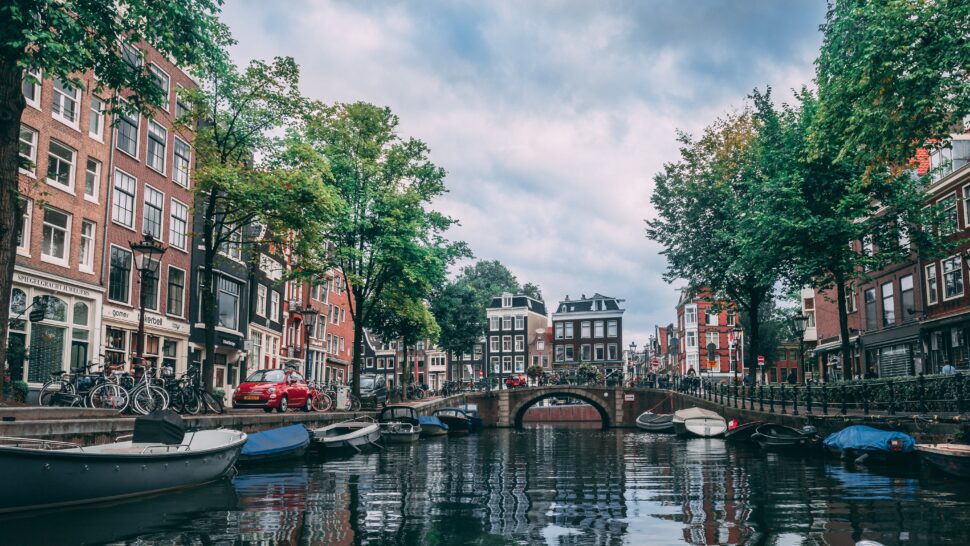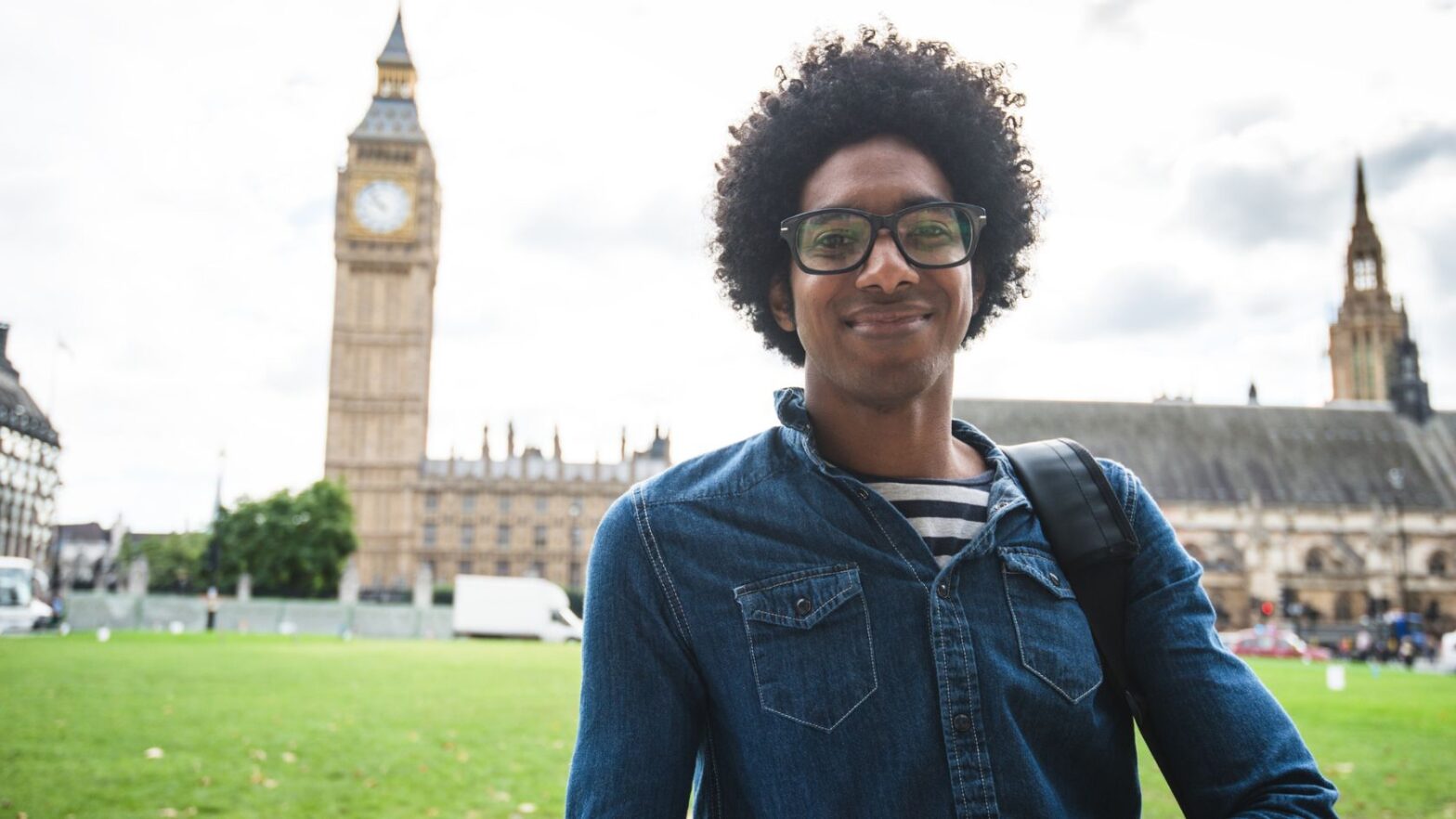Racism, an enduring societal ill that has inflicted wars and subjugated millions, continues to cast its shadow, impacting the lives of countless individuals, including international students. While all marginalized groups bear the brunt of discrimination, Black students face a unique set of challenges and biases that place them at a distinct disadvantage compared to their peers.
A UK report revealed the distressing reality faced by Black students residing in student accommodations. Over half of those surveyed reported experiencing racism, while nearly two-thirds witnessed instances of racial bias. The report, aptly titled Living Black at University, documented a range of experiences. Insensitivity regarding cultural practices, the use of racial slurs, and even instances of physical violence were addressed in the survey.
Similarly, in the United States, studies have shown that Black students grapple with heightened anxiety and suffer from poorer mental health outcomes as a direct result of racism. The United Negro College Fund conducted a survey that shed light on the difficulties faced by historically Black colleges and university students. The relentless cycle of coping with the challenges posed by COVID-19, police brutality, and the financial burden of education has left many Black students teetering on the edge of stress and anxiety.
Despite these disheartening circumstances, there are countries that offer a more favorable environment for Black students. Each of these nations is recognized for their efforts in combating racism and fostering racial equality.
Netherlands

The Netherlands, having taken gradual strides in addressing racism, stands out as a beacon of progress. The country established an internet discrimination hotline to address incidents of racism and xenophobia. According to US News, it ranks among the least racist countries in Europe and is the world leader in racial equality.
The University of Groningen, during Black History Month, launched the African Students Community (ASC), providing a safe space for individuals to connect. The ASC organizes events celebrating Black culture, cuisine, and heritage while also facilitating professional networking opportunities.
Canada

In Canada, universities are proactively working towards creating a peaceful environment for their students. The University of Waterloo introduced the Diploma in Black Studies and Fundamentals of Anti-Racist Communication to its curriculum in support of Black students. The university is committed to fostering Black entrepreneurship and increasing engagement in anti-racist initiatives.
Dalhousie University, another Canadian institution, has reserved 40 seats for Indigenous and Black students in an effort to enhance diversity. The university also offers a minor in Black and African Diaspora Studies, exploring the histories and cultures of African-Canadian communities.
Norway

Norway is recognized as the third-best country in the world for racial equality. As such, the country is steadfast in its battle against racism and religious discrimination. Recognizing the hurdles faced by Black individuals in securing employment, Norway has implemented policies to address this issue. The country aspires to be a place where all citizens, irrespective of their skin color, have equal opportunities to succeed. This commitment is evident through the implementation of the Equality and Anti-Discrimination Act in 2006.
While the journey towards eradicating racism and achieving racial equality remains ongoing, these countries serve as examples of progress. As Black students continue to advocate for themselves, collective efforts pave the way for a more inclusive and just future.
